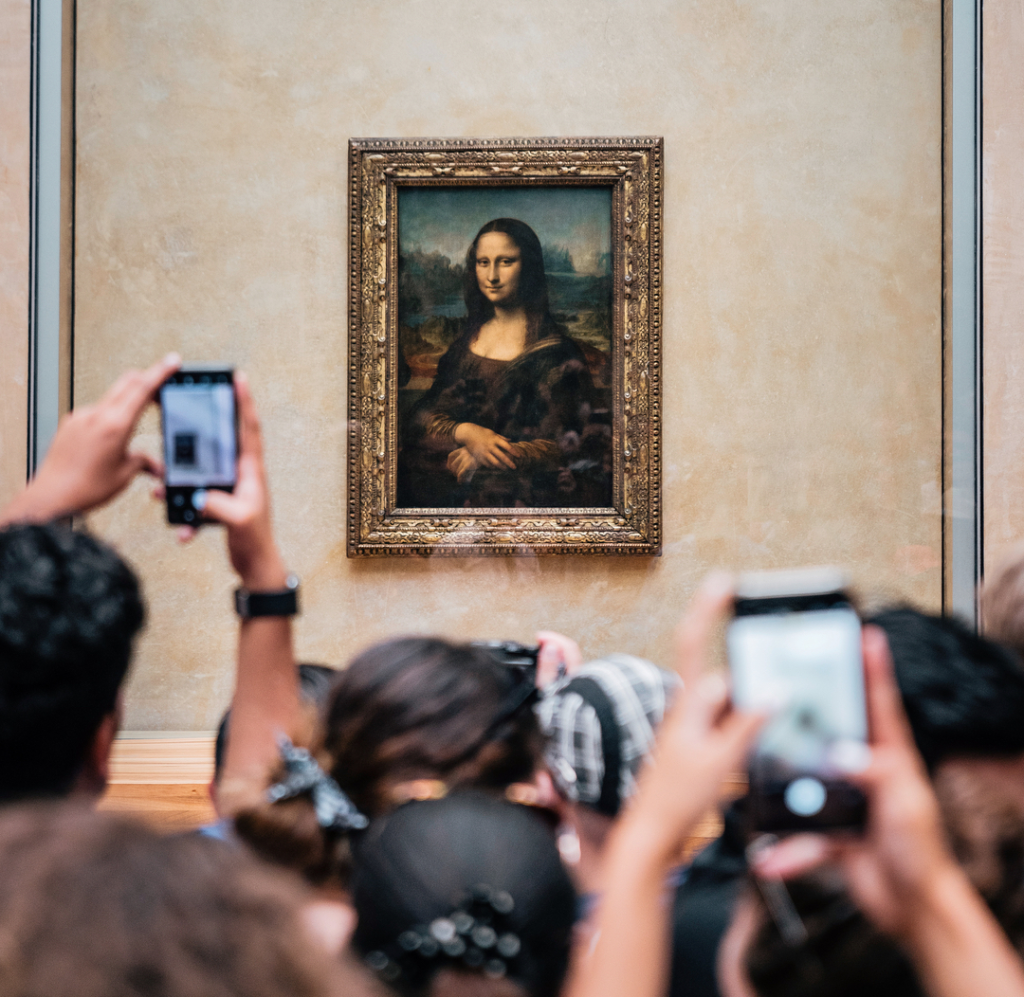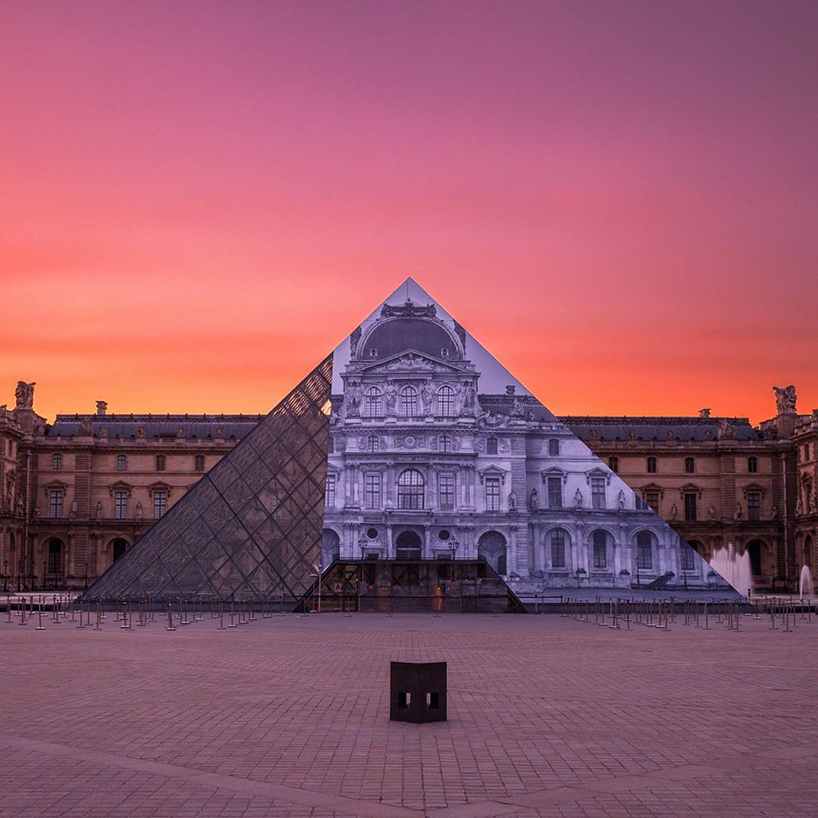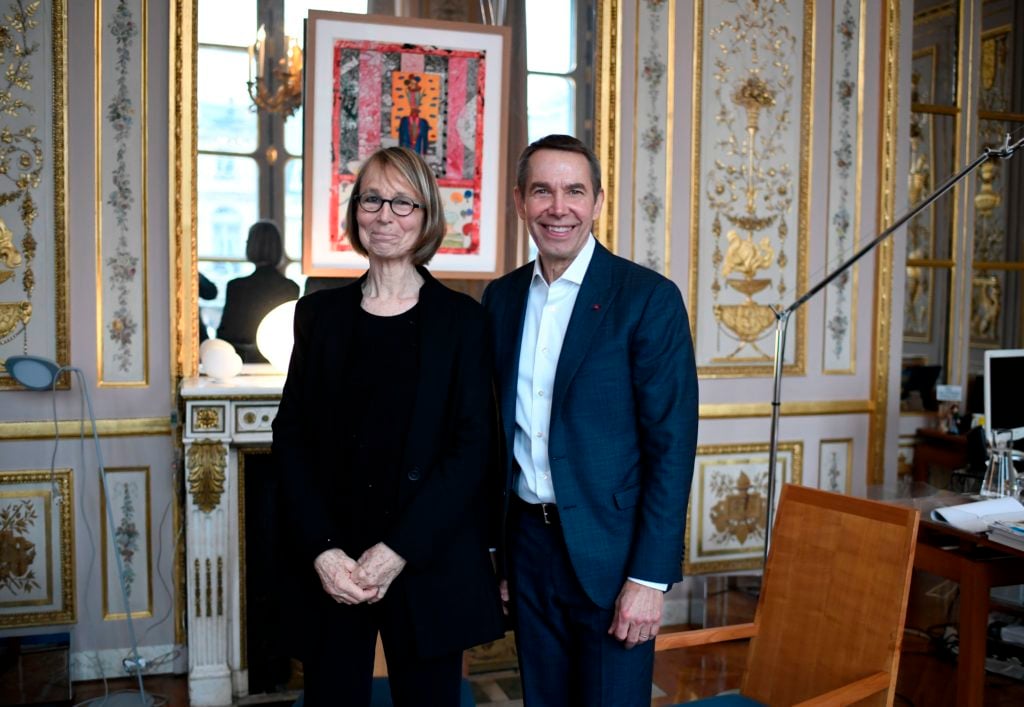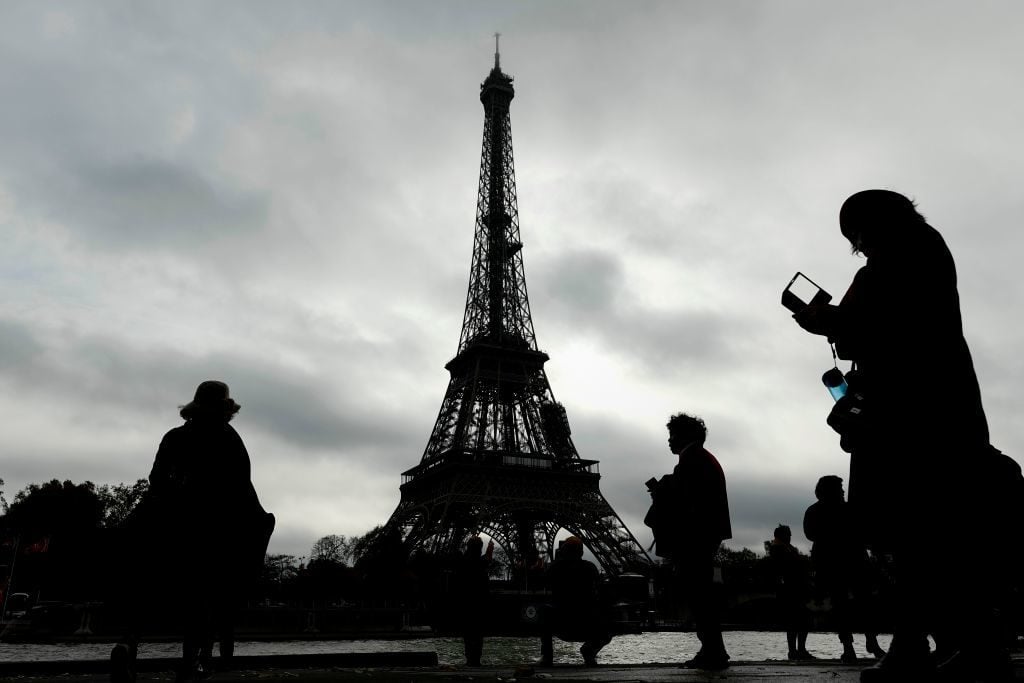Art World
France Is Rolling Out a Multimillion-Dollar App to Give Young People Free Access to Cultural Goods and Events
But the benefits of the program could come at the cost of privacy and personal data.

But the benefits of the program could come at the cost of privacy and personal data.

Naomi Rea

France wants its young people to experience more culture, so it’s going straight to the source: their smartphones. The French Ministry of Culture has launched a multimillion-dollar mobile application offering young people free access to cultural goods and activities around the country.
The ambitious Pass Culture, or culture pass, was a campaign promise of the French president Emmanuel Macron. Once downloaded, the app offers a credit of €500 ($584) for 18-year-olds to spend on cultural events—including movies, concerts, and theater—and goods such as books, musical instruments, and DVDs.
The app has already been rolled out in test phases in four areas of France—Seine-Saint-Denis, Hérault, Bas-Rhin, and Guyane—since June, and it will be launched in a fifth, Finistère, in September. After the six-month beta-testing phase is complete, it is slated for a more widespread roll out in early 2019.
The app would be available to everyone, although the free credit is limited to 18-year-olds. Like most apps, it’s geolocated so it will show users nearby cultural offerings in real time, prompting some to describe it as a sort of “arty Tinder.”
The app has already won praise from at least one member of the National Assembly.

“JR at the Louvre.” Courtesy of David Emeran via Instagram.
“In Lunel, the ‘French Molenbeek,’ young people loiter outside apartment blocks. The allure of the pass will allow them to leave their houses.” Hérault’s delegate in the assembly, Patrick Vignal, told the French paper Libération.
But while the promise of free culture may appeal to young people, not everyone is impressed with the initiative. Jack Lang, France’s former socialist minister of culture, has criticized the government’s new cultural policy. In an interview on the French public radio station France inter, he said he worried that it will encourage consumerism. “We must trust institutions,” Lang told the station. “We should encourage them to open their doors wide, instead of inviting a sort of consumerist mentality. I also think it’s better to organize a mass entry of art in schools!”
Lang also pointed to the failures of a similar initiative in Italy, which served as a model for Pass Culture. The Italian “bonus cultura,” introduced by the former Italian prime minister Matteo Renzi, reportedly failed to increase attendance of museums, theaters, and monuments. Lang argues that many young people used it for purposes that were not “culturally elevating.”
In Italy, a black market reportedly emerged shortly after the culture pass was introduced. Some stores would allow students to buy electronics with the credit while billing cultural items such as books to the app. Others sold their accounts for half price on social networks.

French Culture Minister Francoise Nyssen (L) poses for a photograph with US artist Jeff Koons during a meeting in Paris. Photo: Stephane de Sakutin/AFP/Getty Images.
Those issues have prompted questions about how the French app defines cultural goods or activities. So far, the French version allows users to use the credit on a relatively broad range of goods, from school books to video games. And some have questioned whether the app should be used for activities like bullfighting, which is outlawed in certain parts of France.
The current culture minister Françoise Nyssen is trying to iron out some of these issues in the test phase, exploring ways to incentivize access to the arts over the acquisition of goods. In a visit to the department of Hérault in April, Nyssen talked about the possibility of “editorializing” the kind of events that were covered, so the app’s credit wouldn’t just be treated as free pocket money.

Tourists walk on the banks of the Seine river beside the Eiffel tower in Paris. Photo: Philippe Lopez/AFP/Getty Images.
The app’s benefits, of course, aren’t free; the initiative carries a cost estimated at around €425 million ($496 million) a year. Eighty percent of that budget will be financed by the private sector, while France will underwrite the other 20 percent. The French Ministry of Culture selected a team of two—Frédéric Jousset, founder of Webhelp and owner of the Beaux Arts magazine, and Eric Garandeau, ex-president of the CNC and formerly cultural advisor to Nicolas Sarkozy—to navigate “the legal and financial engineering” of the pass.
Perhaps as an incentive to the business sector, Garandeau has reportedly emphasized that the app would hold the data of a significant number of young people of age. (That kind of data could be of great interest to banks, perhaps even more so now given the recent data protection regulations that have been rolled out in the European Union.) Meanwhile, during the presidential campaign, Macron himself floated the idea of possible partnerships with Google, Amazon, Facebook, Apple, and Microsoft.
To be sure, millions of smartphone users around the world have accepted some loss in privacy as a cost of using the devices. Whether the promise of free goods and events will enough to entice French youths to share their personal data with banks and social media giants remains to be seen.